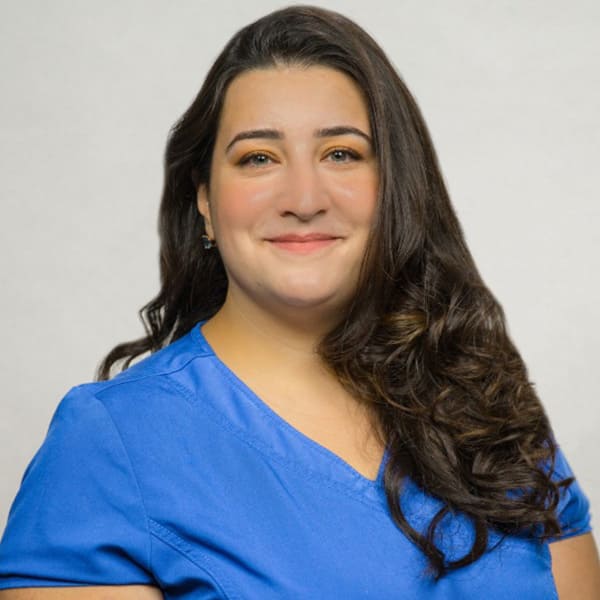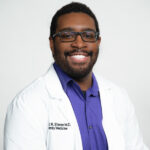Oral Cancer Awareness Month: What You Should Know About Protecting Your Oral Health
It is April. Time for flowers to bloom and birds to sing. It is also time to say “aah.” Aah, as in open wide to let your doctor get a clear look at your mouth, tongue, tonsils, and throat. The Brevard Health Alliance medical and dental service team members, along with physicians and dentists across the United States, come together each April to raise awareness of the risks associated with oral and oropharyngeal cancers. Although this disease group does not get as much attention as cervical cancer, Hodgkin’s lymphoma, or thyroid cancer, cancer of the oral cavity claims more lives than any of these better-known cancers.
Risks & Survival Rates
Every hour of every day, another person out of the 49,750 people in the United States newly diagnosed each year die from mouth and throat cancer. If you include the larynx along with throat tissue, the number increases from 9,750 souls lost each year to 13,500. The five-year survival rate is only 50% when you exclude success against human papillomavirus (HPV), which is particularly vulnerable to current treatment methods.
While the average age for a first diagnosis is 55 years, children and adolescents also die from mouth and throat cancer. Smoking and smokeless tobacco, alcohol abuse, sexually transmitted diseases and over-exposure to the sun, particularly the lips, can cause these cancers.
While early diagnosis dramatically improves survival rates, this disease group is often silent. Patients may not experience any symptoms until the cancer metastasizes, spreading to other parts of the body. Once the lymph nodes are affected, survival rates decline. Patients who successful beat a first encounter are 20 times more likely to develop another primary tumor, according to the Oral Cancer Foundation.
Health Intervention & Prevention
Sadly, while people can double or even triple their survival potential with early diagnosis, there is not a standard protocol in place to monitor for cancers of the mouth, throat and larynx in the United States. Routine medical and dental examinations are a good starting point. At home, adults are encouraged to carefully examine their mouth at least once a month to look for dark spots along the gums, unusual growths or other surface changes of the tongue and cheeks. Teach children to look for these changes, too. Report any changes to your primary care doctor or dentist as soon as possible.
If you are concerned about exposure to HPV, or notice lesions or other signs you may have a problem, your doctor can check for abnormal cells without invasive or painful testing. In-office testing options include using special lights to identify abnormalities and applying a solution that changes color when it is exposed to abnormal cells. Your primary care doctor may also scrape a lesion or suspicious area with a brush to remove cells for viewing under a microscope. If warranted, your dentist or physician will recommend further testing, or may refer you to an oncologist.
What Else Can You Do?
If you smoke or abuse alcohol, talk to your doctor about quitting. Remember to protect your skin every time you go out into the sun. Get plenty of exercise and maintain a healthy diet. Proper nutrition strengthens your immune system, and if you do contract a dangerous disease like cancer, your chances of survival are better when your body is prepared for the fight.
Practice safe sex. The Centers for Disease Control and Prevention (CDC) says there are 79 million active cases of HPV in the United States, with another 14 million diagnoses each year. At any given time, one in one hundred sexually active American adults has genital warts, and each of these people is at risk for developing mouth cancer, along with cervical and other cancers.
Diagnosing and treating mouth cancer is not difficult. However, the disease is often overlooked or missed, especially if the disease starts in the tonsils or near the back of the tongue where symptoms are typically not present. Early detection is the key to improving survival rates. Schedule an appointment with Brevard Health Alliance for a wellness check. During your visit, ask your doctor to explain how to examine your mouth at home and whether any lifestyle changes may reduce your health risks.

















































































































































